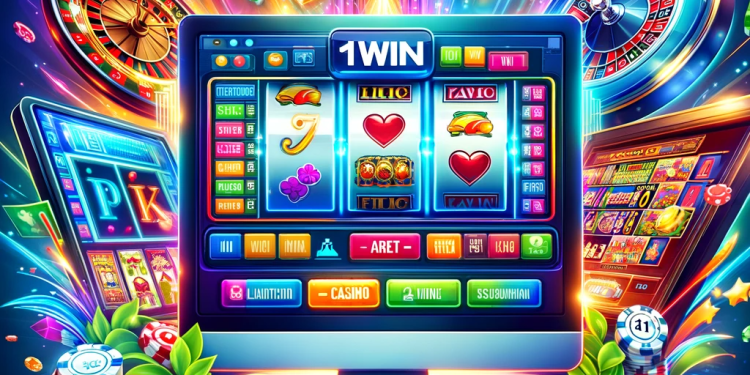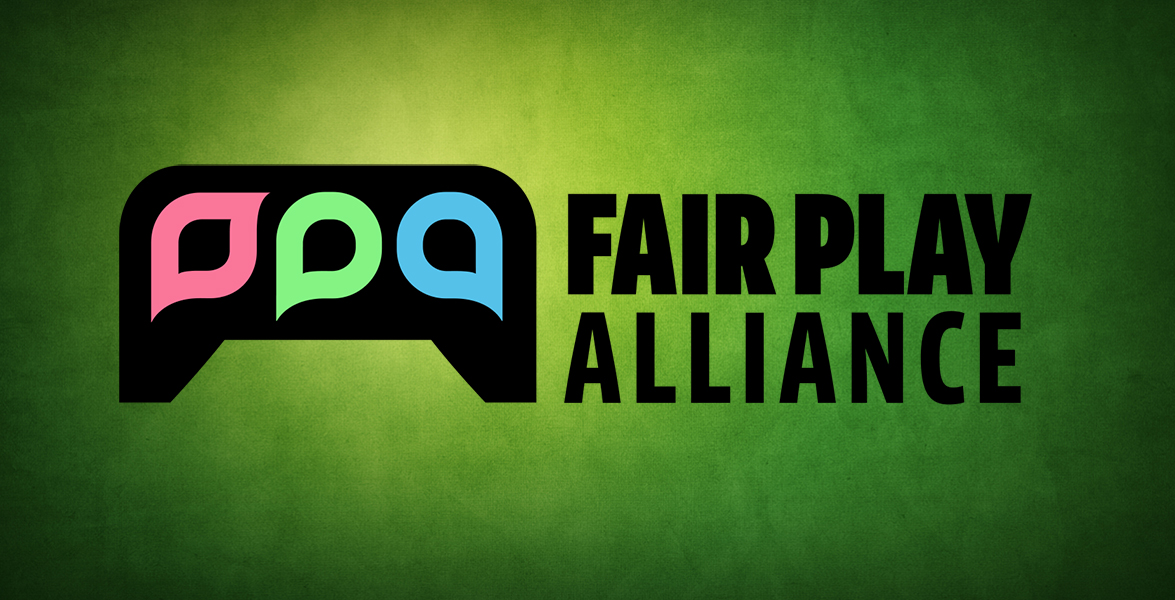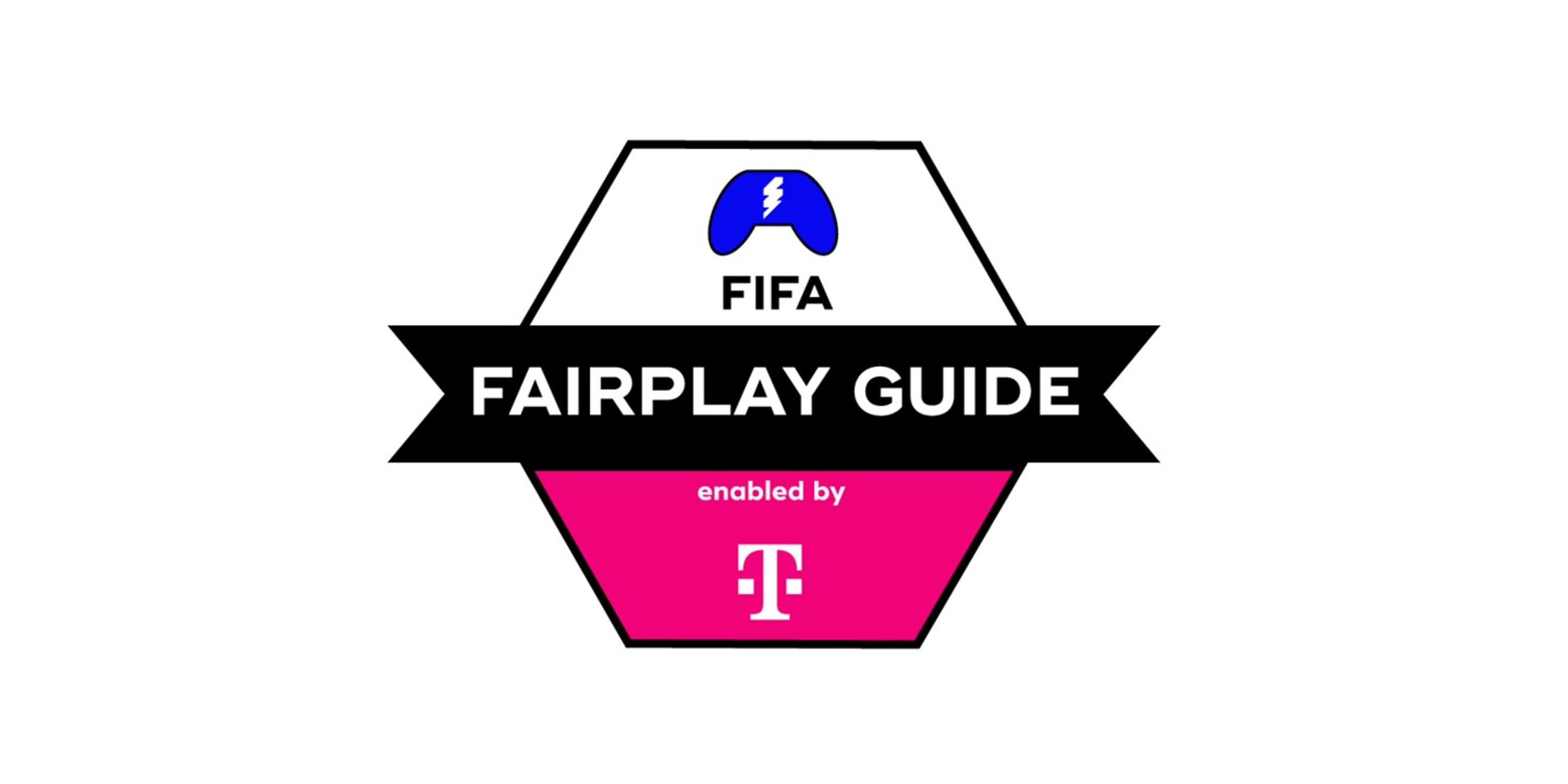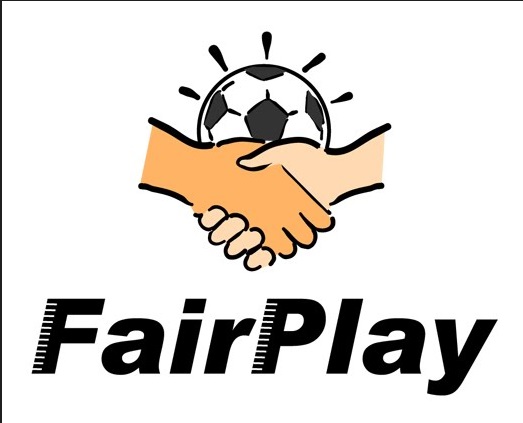Navigating the World of Fair Play: A Comprehensive Guide to Ethical and Responsible Gaming
Related Articles: Navigating the World of Fair Play: A Comprehensive Guide to Ethical and Responsible Gaming
Introduction
With enthusiasm, let’s navigate through the intriguing topic related to Navigating the World of Fair Play: A Comprehensive Guide to Ethical and Responsible Gaming. Let’s weave interesting information and offer fresh perspectives to the readers.
Table of Content
Navigating the World of Fair Play: A Comprehensive Guide to Ethical and Responsible Gaming

The gaming industry, a global behemoth, is constantly evolving, pushing boundaries and captivating audiences worldwide. However, amidst the excitement and thrill of virtual worlds, a crucial element often takes a backseat: fair play. This principle, encompassing ethical and responsible gaming practices, ensures a level playing field for all participants, fostering a healthy and enjoyable experience for everyone.
This article delves into the multifaceted world of fair play within the gaming landscape, exploring its significance, its various facets, and its impact on the overall gaming ecosystem. We will examine the importance of fair play for individuals, developers, and the industry as a whole, shedding light on the challenges and opportunities that arise when promoting a culture of ethical gaming.
The Foundation of Fair Play: A Multifaceted Concept
Fair play, in the context of gaming, is more than just adhering to the rules. It encompasses a broader spectrum of values and principles that promote a positive and inclusive gaming environment. Here are some key aspects of fair play:
- Ethical Conduct: This involves adhering to the game’s rules and avoiding any form of cheating, exploiting glitches, or using unfair tactics. It also extends to respecting other players, refraining from harassment, and maintaining a positive online demeanor.
- Transparency and Accountability: Developers and publishers play a crucial role in ensuring fair play by being transparent about their game mechanics, policies, and any changes implemented. This transparency fosters trust and encourages player accountability, creating a more equitable environment.
- Equal Opportunities: Fair play demands that all players have equal opportunities to succeed, regardless of their skill level, experience, or access to resources. This involves addressing issues like pay-to-win mechanics, ensuring balanced gameplay, and providing accessible features for players with disabilities.
- Responsible Gaming Practices: Fair play also encompasses promoting responsible gaming habits, encouraging players to prioritize their well-being and avoid excessive gaming. This includes setting healthy time limits, taking breaks, and seeking support when needed.
The Benefits of Fair Play: A Win-Win for Everyone
Promoting fair play within the gaming industry yields significant benefits for all stakeholders:
- Players: Fair play ensures a level playing field, allowing players to compete on merit and enjoy a more fulfilling gaming experience. It reduces frustration, promotes healthy competition, and fosters a sense of community among players.
- Developers: By fostering a fair play environment, developers can build trust with their players, increase player retention, and strengthen their brand image. This leads to a more sustainable and thriving game ecosystem.
- Industry: Fair play contributes to the overall health and growth of the gaming industry by attracting a wider audience and fostering a positive public perception. This, in turn, leads to increased investment and innovation within the sector.
Challenges and Opportunities: Navigating the Complexities of Fair Play
Implementing fair play within the gaming industry is not without its challenges. The rapid evolution of technology, the rise of competitive gaming, and the complexities of online interactions present unique hurdles. However, these challenges also present opportunities for innovation and progress.
- Technological Advancements: The constant evolution of technology, particularly in the realm of AI and machine learning, presents both challenges and opportunities for fair play. While these advancements can enhance gaming experiences and create new possibilities, they also raise concerns about potential unfair advantages and ethical dilemmas.
- Competitive Gaming: The rise of competitive gaming has heightened the importance of fair play. Ensuring a level playing field in professional tournaments and leagues is crucial for maintaining the integrity and legitimacy of these events.
- Online Interactions: Online gaming environments can be susceptible to toxic behavior, harassment, and cheating. Addressing these issues requires a multi-pronged approach, including robust reporting systems, community moderation, and educational initiatives to promote responsible online conduct.
Addressing the Challenges: A Collaborative Approach
Addressing the challenges associated with fair play requires a collaborative effort involving developers, publishers, players, and industry organizations. Here are some key strategies:
- Clear and Enforceable Policies: Developers and publishers should establish clear and transparent policies regarding fair play, outlining acceptable and unacceptable behavior and outlining consequences for violations.
- Robust Reporting Systems: Implementing user-friendly reporting systems allows players to flag suspicious activity and provides developers with valuable data to identify and address issues.
- Community Moderation: Encouraging player-driven community moderation can help foster a more positive and responsible gaming environment. This can involve empowering players to report violations, moderate discussions, and create a culture of respect.
- Educational Initiatives: Promoting awareness about fair play through educational campaigns, in-game tutorials, and online resources can help players understand the importance of ethical gaming practices.
- Industry Collaboration: Collaboration between developers, publishers, and industry organizations is essential for developing best practices, sharing knowledge, and promoting a unified approach to fair play.
Frequently Asked Questions (FAQs)
Q: What are some examples of unfair play in gaming?
A: Unfair play encompasses a wide range of behaviors, including:
- Cheating: Using hacks, exploits, or other unauthorized software to gain an advantage over other players.
- Exploiting Glitches: Taking advantage of bugs or errors in the game to gain an unfair advantage.
- Boosting: Paying others to level up your account or progress in the game.
- Harassment and Toxicity: Engaging in abusive, discriminatory, or threatening behavior towards other players.
Q: What are the consequences of engaging in unfair play?
A: Consequences for engaging in unfair play can vary depending on the game and the severity of the offense. Common consequences include:
- Account Suspension or Ban: Temporary or permanent suspension of your gaming account.
- Game Restrictions: Limitations on gameplay features or access to certain game modes.
- Reputation Damage: Negative impact on your online reputation and standing within the gaming community.
Q: What can players do to promote fair play?
A: Players can actively contribute to a fair play environment by:
- Adhering to the Game’s Rules: Following the game’s rules and avoiding any form of cheating or exploitation.
- Reporting Violations: Using reporting systems to flag suspicious activity or inappropriate behavior.
- Promoting Positive Conduct: Encouraging respectful and ethical behavior within the gaming community.
Tips for Promoting Fair Play
- Be a Role Model: Lead by example and demonstrate ethical and responsible gaming practices.
- Communicate Clearly: Clearly communicate the rules and expectations regarding fair play to all players.
- Provide Support: Offer resources and support to players who may be struggling with fair play issues.
- Stay Informed: Keep abreast of emerging technologies and trends that may impact fair play within the gaming industry.
Conclusion
Fair play is a fundamental pillar of a healthy and thriving gaming ecosystem. By promoting ethical and responsible gaming practices, we can create a more inclusive, enjoyable, and sustainable gaming experience for all. This requires a collective effort from developers, publishers, players, and industry organizations to address the challenges and embrace the opportunities that lie ahead. By working together, we can ensure that the future of gaming is built upon a foundation of fair play and ethical conduct.








Closure
Thus, we hope this article has provided valuable insights into Navigating the World of Fair Play: A Comprehensive Guide to Ethical and Responsible Gaming. We appreciate your attention to our article. See you in our next article!